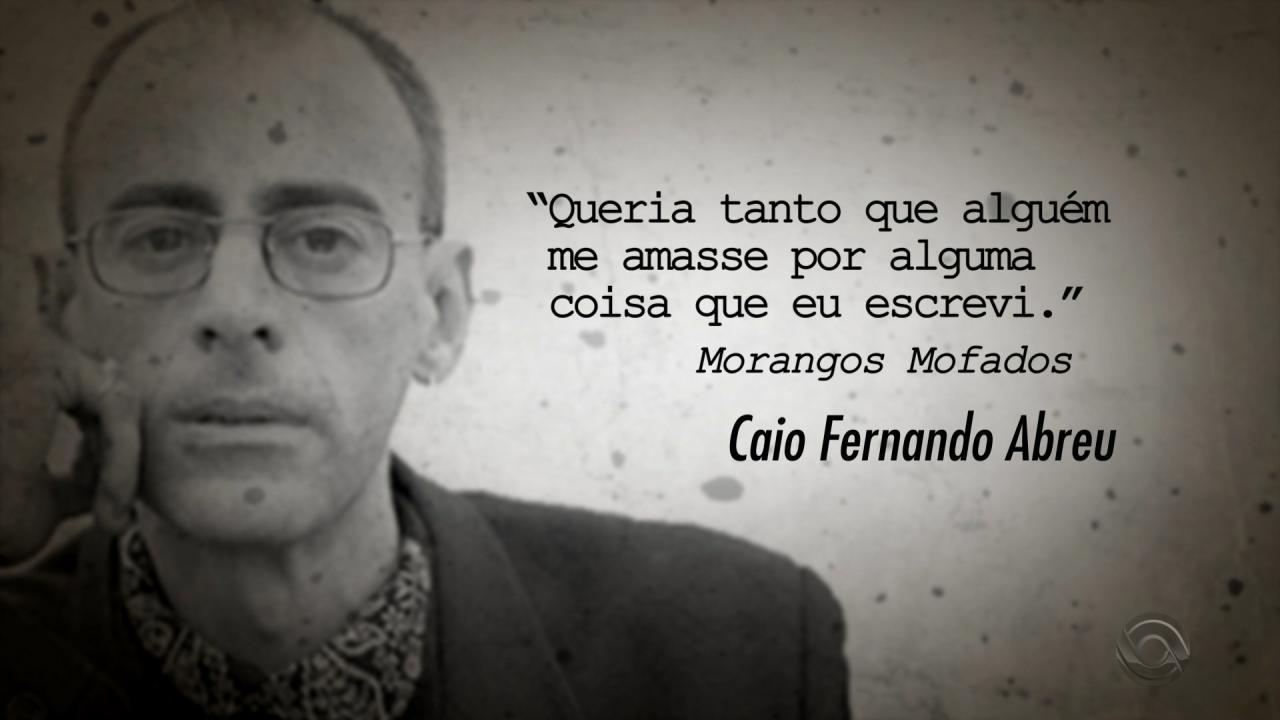Caio Fernando Abreu a literary biography
Main Article Content
Abstract
In this article we reflect on how the relationship between literature and the historical-social context is constructed from the work of writer Caio Fernando Abreu. When we analyze his literary text and the conditions of its publication, we see how the writing and personal trajectory of the author are marked by the constant social transformations of the country. His literary biography is strongly determined by the political conjuncture, as we see in the censorship imposed on his texts by the authoritarian regime and in his self-exile in Europe, which will appear as a recurring theme throughout the work. But not only is his life determined by the historical context, but also his literary theme in Gaius' texts will influence the way his generation thinks about itself in the face of the social maelstrom that marked that time. We can understand it as an example of the contemporary Brazilian literary experience, in which the Military Dictatorship and the redemocratization of the country will prove to be fundamental points in the composition of the fictional text, both when adopted as a theme, and in the impositions of the authoritarian regime to the authors to condition their writing to official censorship.
(Image G1)
Downloads
Article Details

This work is licensed under a Creative Commons Attribution 4.0 International License.
References
ABREU, Caio Fernando. As frangas. 2 ed. São Paulo: Globo, 2002.
_____. Duas ou três coisas sobre os anos 80. In_______. Jornal do Brasil, 02 de junho de 1985. Disponível em http://caiofcaio.blogspot.com.br/2013/01/duas-ou-tres-coisas-sobre-os-anos-80.html, acessado em 12 de setembro de 2013.
_____. Estranhos estrangeiros e pela noite. São Paulo: Companhia das Letras: 1996.
_____. Inventário do irremediável. 2 ed. Porto Alegre: Sulina, 1995. Em http://www.4shared.com/get/27RR8wZU/Caio_Fernando_Abreu_-_Inventri.html acessado em 09/10/2011.
_____. Limite Branco. Rio de Janeiro: Agir, 2007.
_____. Morangos mofados. Rio de Janeiro: Agir, 2005.
_____. Onde andará Dulce Veiga? um romance B. Rio de Janeiro: Agir, 2007.
_____. O ovo apunhalado. Porto Alegre: L&PM, 2001.
_____. Os dragões não conhecem o paraíso. São Paulo: Companhia das Letras, 1988.
_____. Ovelhas negras. Porto Alegre: L&PM, 2002.
_____. Pedras de Calcutá. Rio de Janeiro: Agir, 2007.
_____. Pequenas epifanias. Rio de Janeiro: Agir, 2006.
_____. Teatro completo. Rio de Janeiro: Agir, 2009.
_____. Triângulo das águas. Porto Alegre: L&PM, 2005.
BESSA, Marcelo Secron. Os perigosos: autobiografias & AIDS. Rio de Janeiro: Aeroplano, 2002.
MORICONI, Italo (org). Caio Fernando Abreu: Cartas. Rio de Janeiro: Aeroplano, 2002.

